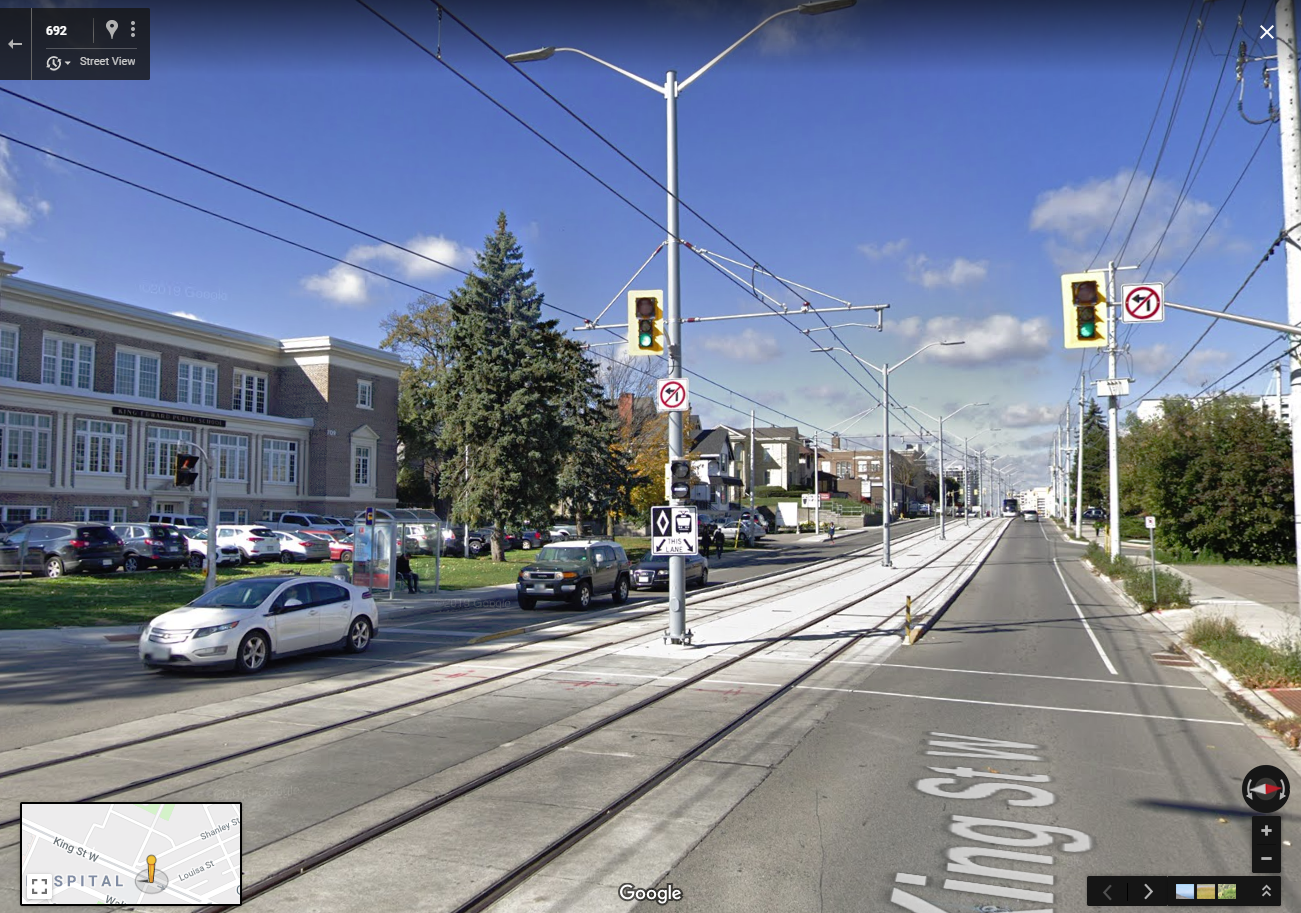Ontario's Highway Traffic Act (HTA) generally applies only on highways – and that doesn't just mean Highway 401. Under the act, a highway is "a common and public highway, street, avenue, parkway, driveway, square, place, bridge, viaduct or trestle, any part of which is intended for or used by the general public for the passage of vehicles."
That doesn't include parking lots, even those owned by the government. And because Ontario parking lots aren't considered roads, you generally
can't be charged with breaking the HTA.
That also means you can drive a vehicle without a licence, insurance or registration on private property.
"People who live out in rural areas have a farm vehicle – if they drive it on farm property without a licence, it's not an issue," Leon said. "If they drive across the road, now you need to be licensed and it needs to be registered."
Technically, you could go to a parking lot or other private property and drive a vehicle you're not licensed for – like a motorcycle, school bus or even an 18-wheeler.
We asked Ontario's Ministry of Transportation (MTO) why the HTA doesn't apply on private property.
"In terms of the Highway Traffic Act, the ministry does not provide legal interpretations or opinions of it to the public," the MTO said in an e-mail statement. "Every situation is fact-specific, so it is not possible to set out every instance where the Act would or would not apply."
Ontario is the only province where the rules don't apply on private property. In Quebec, some driving laws apply on private property and others – like the
distracted driving law – don't.





